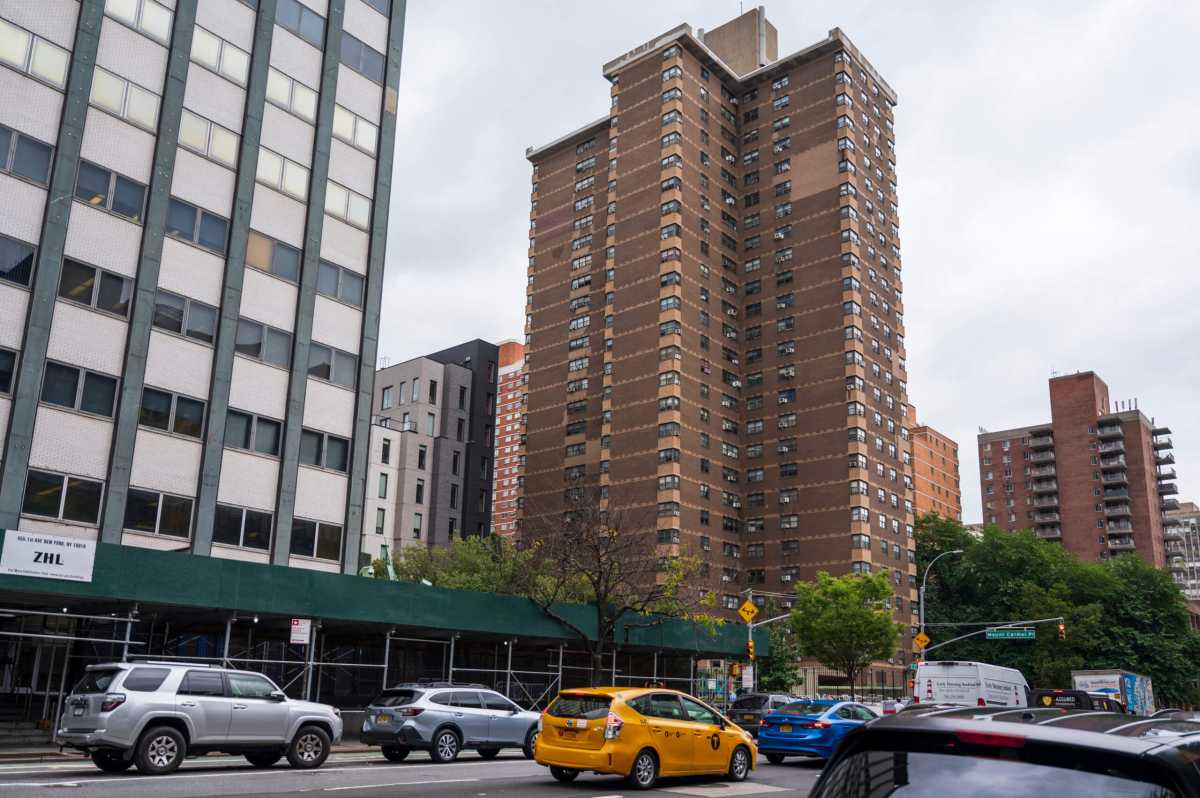A new report published by the Center for an Urban Future calls on Mayor Adams and city government officials to increase support for the growing number of entrepreneurs living in public housing across New York City.
The study, released March 29, reveals that more residents living in New York City Housing Authority (NYCHA) dwellings are becoming business owners and that by helping NYCHA residents start businesses and side-hustles into larger businesses would potentially provide a crucial income boost. This opportunity would provide an income boost to NYCHA residents, also among some of the hardest hit by the economic downturn during the pandemic.
Especially at a time when those living in public housing are experiencing extreme economic pitfalls following the COVID-19 pandemic, the report sponsored by Deutsche Bank Americas Foundation revealed that rates of business ownership among NYCHA residents have risen 472% over the past decade.
Additionally, the study revealed that thousands more NYCHA residents earn incomes from a side-hustle or home-based business venture – particularly in fields such as catering, party planning, fashion design, childcare, music production, personal care services and carpentry.
However, the study also uncovered that there is still much-untapped potential to increase business ventures within NYCHA residential communities. According to the report, even after this spike in independent entrepreneurial pursuits, fewer than 1% of NYCHA residents report an income from a business – just 636 people out of nearly 300,000 working-age residents living in public housing citywide.
“It’s time to make NYCHA part of the city’s efforts to grow its entrepreneurial economy,” said Jonathan Bowles, executive director of the Center for an Urban Future. “There is an entrepreneurial spirit running through every NYCHA building. Harnessing this energy and helping more residents succeed as business owners should be one element of the city’s strategy to help public housing residents bounce back from the steep economic toll of the pandemic.”
City public servants and leaders have in the past done little to bolster the growing entrepreneurial efforts by NYCHA residents, despite supporting business ventures from other New Yorkers.
For example, even though the report credits the de Blasio administration with launching NYCHA’s Business Pathways program, which supports aspiring entrepreneurs living in public housing, fewer than 400 residents have graduated from the program since 2015.
The report also found that the city government is currently missing a crucial opportunity to eliminate some of the biggest barriers to entrepreneurial success among NYCHA residents. Currently, many NYCHA residents fear that even moderate success in their business ventures will cause their NYCHA rent costs to increase.
This fear comes from NYCHA’s policy set forth by the Department of Housing and Urban Development (HUD) requiring the cash value of savings and checking accounts to be included in the calculations of how to determine the price of rent.
The report urges Mayor Adams and city government officials to make boosting entrepreneurship within NYCHA residents one component of his broader pandemic recovery plan. This includes setting a goal of bolstering 2,500 new NYCHA entrepreneurs over the next five years.
Some recommendations for policymakers include launching new startup competitions in NYCHA developments to unleash the entrepreneurial spirit that runs through NYCHA and help support the most promising public housing entrepreneurs, expanding the Business Pathways Program and creating a new Business Pathways Program for aspiring entrepreneurs in creative industries, eliminating the disincentive for NYCHA residents to become entrepreneurs by greatly expanding enrolment in the Family Self Sufficiency Program (FSS), creating a NYCHA Business Credit Fund to make it easier to provide microloans to NYCHA entrepreneurs and establishing new NYCHA worker cooperatives.
To learn more about the report visit New York’s Untapped Entrepreneurship Opportunity.





































